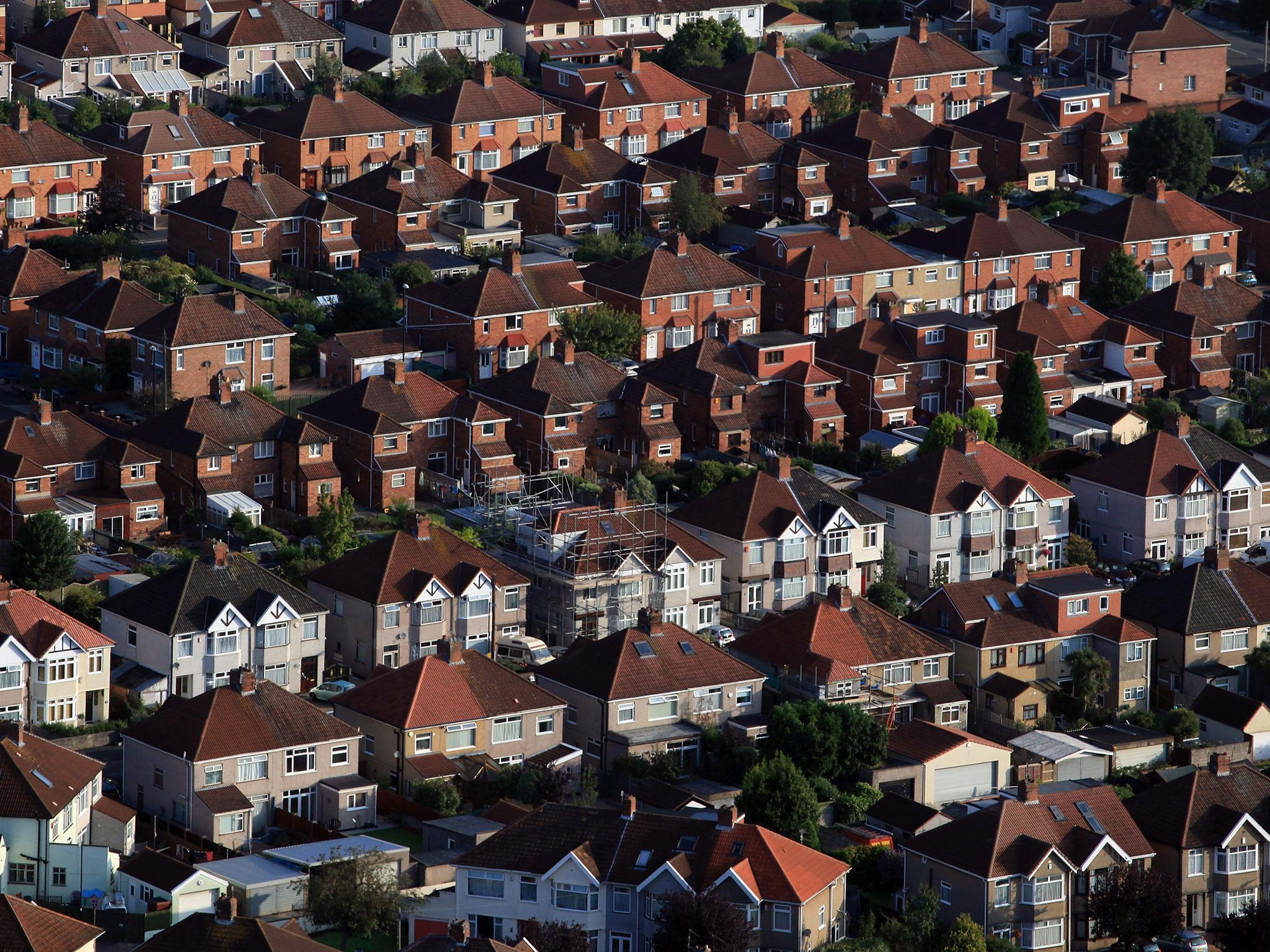House prices fall: Good news or more evidence of Brexit blowback?
They're on the slide as buyers are squeezed by inflation and flat wages

How to interpret the latest figures from mortgage lender Halifax? The bank says that house prices fell in the three months to the end of April, the first such period in negative territory since 2012.
They follow last week's figures published by Nationwide Building Society, which also reported falling prices (for two consecutive months).
In one respect the data represents good news. At an average (according to Halifax) of £219,649, prices are too high.
Consider the Averages, a typical British family with two children. Ms Average is in full time employment and makes the national average income, now £27,200. Mr Average works part-time, and makes £22,000 (the median income spread across all workers).
I gave them each commitments of £200 a month (via cards, car loans and other forms of credit) and then fed their details into the mortgage calculator that you can find on the Halifax's website. Based on the information I supplied, it said it would offer a mortgage of £206,781.
They would, of course, have to have a pretty good credit rating to get that.
Yet these average Britons, whose debts are relatively modest, would come up short if they wanted to buy the average British home, at least if they needed a 95 per cent mortgage, which is par for the course for first time buyers like them.
Our family will just have to keep on saving, and hope houses prices continue to fall, if they want their dream home.
However, while the fact that that is happening might seem like good news for them, it’s saying something about the wider economy that they might not be so happy about.
Britain has a housing shortage. There aren’t enough of them to go around, and the Government has consistently failed to hit its targets for getting new ones built.
An excess of demand over supply should see prices rising. Unless, of course, they have already risen to a level that is curbing demand by pricing people out of the market, as the above illustration suggests they might have.
What is serving to further curb the housing market's enthusiasm, and send it into negative territory, is that Mr and Mrs Average are being squeezed. Inflation has returned to the High Street, and the supermarkets, thanks to the Brexit driven fall in the value of the pound. Unfortunately, wages are once again struggling to keep pace. The fall in house prices is reflective of their affordability, and a symptom of the problems that are being made manifest in the economy.
The last set of official figures showed that it is is slowing, and quite markedly. The UK is also falling behind the rest of Europe, despite the claims of Brexiteers that the UK's exit from the EU will lead to a free trade Shangri-La and an economic boom.
In the City, the big banks are shipping jobs out of London at a faster pace than Aidan O'Brien's milers on Newmarket's Rowley Mile. On the High Street, shops are struggling as consumer confidence tumbles.
Falling house prices might seem as if they'll provide some relief for poor Mr and Ms Average against that backdrop. But that assumes they'll keep their jobs. I'd imagine that at least one, perhaps both of them, are pretty nervous right now.
They’ll probably still vote for Theresa May next month. She certainly seems headed for a landslide. A faltering economy might even help her. Fear of the unknown represented by Jeremy Corbyn could drive doubters into her corner.
But if I was her, I wouldn’t celebrate too much if she returns to Downing Street. She has promised to make a success of Brexit, while making a mess of the early talks, and throwing wild allegations at EU officials. Things are not going at all well, and it's very hard to be optimistic for the economy over the next couple of years, and perhaps beyond, as a result.
Things might be very different at the next election, if this latest sign of economic malheur is the harbinger of something more serious, and prolonged. There's a crumb of comfort for progressives in that, I suppose.
Join our commenting forum
Join thought-provoking conversations, follow other Independent readers and see their replies
Comments
Bookmark popover
Removed from bookmarks